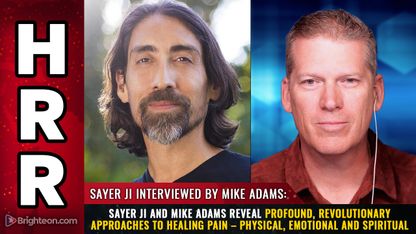
The report, which the Korea Centers for Disease Control and Prevention (KCDC) posted last Monday, also revealed that most recovered patients have antibodies that confer immunity from the contagion.
“[As] of now, no case has been found that was newly confirmed from exposure during [the] re-positive period alone,” the agency said in a statement.
The KCDC’s findings come on the heels of concerning reports of recovered COVID-19 patients testing positive again, appearing to have another infection. These cases, in particular, have puzzled medical experts around the world regarding whether these patients are still contagious, and if they’re prone to reinfection.
“This study addresses the question of whether patients who have recovered from COVID-19 are still infectious, and which is a question that has been troubling us for some time,” explained Dr. Heidi Zapata, an infectious disease expert at the Yale School of Medicine who wasn’t part of the KCDC report.
“This study suggests that patients that are recovered are no longer contagious.”
Retests pick up dead virus particles
The KCDC researchers looked at medical records of recovered patients who tested positive again for COVID-19, shortly after being discharged from quarantine. The team completed contact tracing and investigated outbreak data for 285 out of 447 re-positive cases – or 63.8 percent of the total caseload – as of May 15.
Using contact tracing, the team identified 790 people who interacted with the recovered patients after they were released from medical care. While the researchers noted three new cases from people who were in contact with the patients, they identified that the new cases were also exposed to other active cases in their community, which could have prompted the transmission.
The team also swabbed the patients to determine if they still had live viral material, which would make them actively infectious. The tests were unable to isolate viral material from the patients. According to the researchers, this could mean that the tests picked up dead virus particles.
“Based on active monitoring, epidemiological investigation, and laboratory testing of re-positive cases and their contacts, no evidence was found that indicated infectivity of re-positive cases,” the KCDC team concluded.
Seoul deals with new coronavirus cluster
Meanwhile, the capital city of Seoul restored coronavirus lockdown restrictions after health authorities reported the biggest spike in new cases in nearly two months.
The lockdown, which took effect on Friday, will last two weeks, according to Health Minister Park Neung-hoo. During this period, museums, parks and art galleries will be shuttered and companies will be asked to reintroduce flexible working arrangements, among other measures. (Related: Nightclub outbreaks test South Korea’s coronavirus outbreak strategy.)
“The next two weeks are crucial to prevent the spread of the infection in the metropolitan area,” Park added. “We will have to return to social distancing if we fail.”
The health minister also urged locals to avoid social gatherings and going into crowded places like restaurants and bars. These places, Park said, could be likely infection routes for the outbreak to spread.
Health authorities have traced the latest coronavirus cluster to a distribution center in Bucheon, a city in the metropolitan Seoul area.
According to a report by Yonhap news agency, local health authorities have tested around 3,500 employees of the facility, which is owned by e-commerce firm Coupang, and recorded 69 confirmed cases.
“We have been conducting strong disinfection measures at the facility,” said the e-commerce firm, which closed the distribution center on Monday, in a statement carried by Yonhap. “We are also disinfecting goods ordered by customers before delivering them.”
According to data from Johns Hopkins University, South Korea has 11,402 confirmed COVID-19 cases and 269 deaths. The U.S., which is still in the lead in terms of caseload and death rate, has over 1.7 million cases and more than 101,000 deaths.
Learn more about the ongoing coronavirus outbreak at Pandemic.news.
Sources include:
Please contact us for more information.























